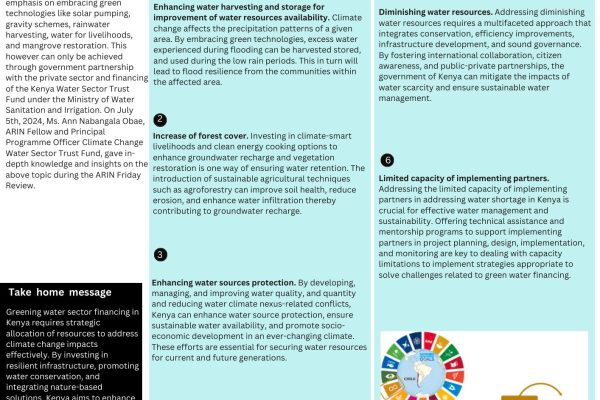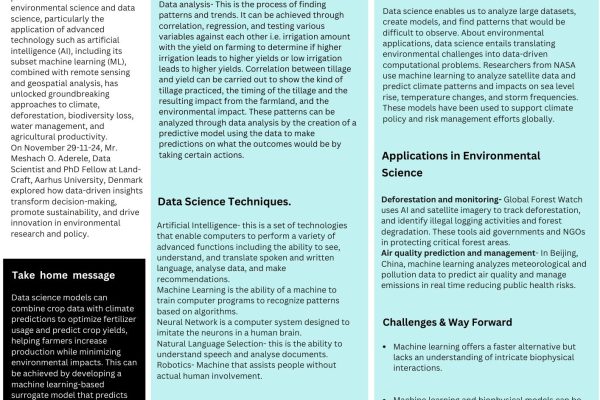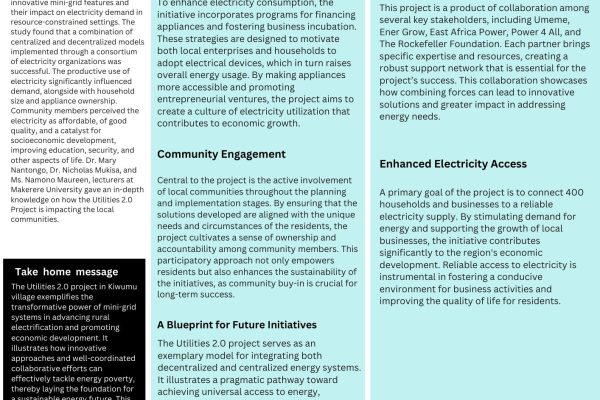Public Accountability Committees in many countries have been effective in their work for a long time. The general understanding of these committees can be based on their key terms; ‘public’ and ‘accountability’. Public Accountability Committees enhance high levels of competence, reliability, and honesty in public sectors (O’Regan et.al., 2022). Africa is one of the continents that has profoundly utilized Public Accountability Committees, especially in the financial management and regulation of service delivery. Historically, the modern Public Accountability Committee can be traced back to 1861 in the United Kingdom when its government raised concerns about examining its expenditures in all departments associated with the management of public funds. Indeed, the committee was to scrutinize corruption-related issues (O’Regan et.al., 2022).
Since the Public Accountability Committees were established, many successful initiatives have been made to cope with fraudulent issues on public funds. In the case of Africa, improving Public Accountability Committees entails adopting approaches that address the existing challenges. Considering the socioeconomic and political issues across many African countries, effective Public Accountability Committees should; be independent, foster capacity building, enhance transparency, strengthen legal frameworks, interact with civil society, utilize modern technology and enhance cross-border cooperation (Schoeberlein, 2022). Most of these strategies have served as the important models for combating corruption in government institutions across many African countries.
Many African countries have strengthened their legal frameworks to fight corruption. For instance, various laws have been enacted to empower Public Accountability Committees to function independently and establish penalties for non compliance. Some of the African countries now use modern technology and have digital platforms for financial reporting, data collection, and recording and analyses for making informed decisions and thus have increased transparency and accountability of the Public Accountability Committees’ work. Further, involvement of citizens in the work of the Public Accountability Committees have boosted accountability in the use of government resources.
For instance, the civil societies in Ghana, Kenya, and Nigeria participate in monitoring the work of Public Accountability Committees in relation to addressing key issues such as corruption (Fatile & Adejuwon, 2023). Regional cooperation is another model used by some of the African countries that are members of organizations such as African Union (AU), and Economic Community of West…………..



